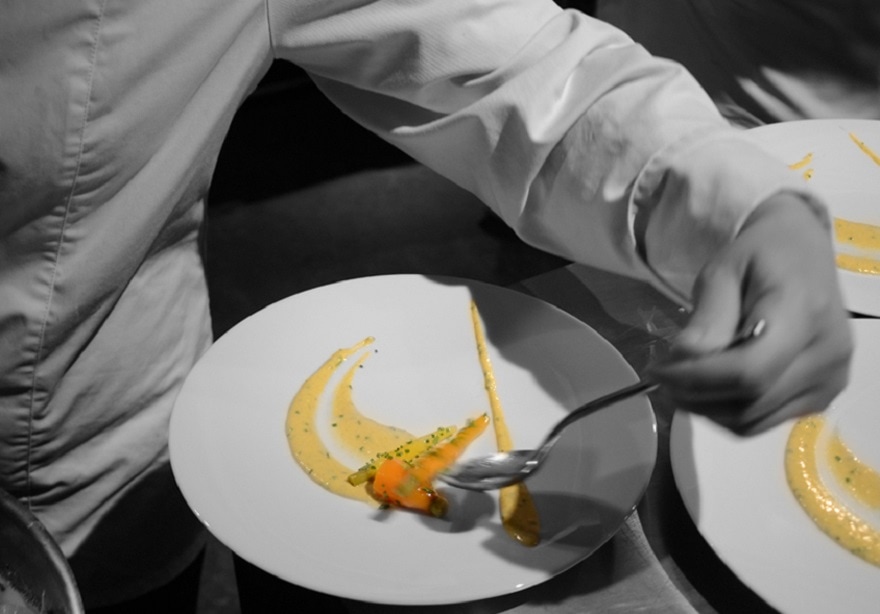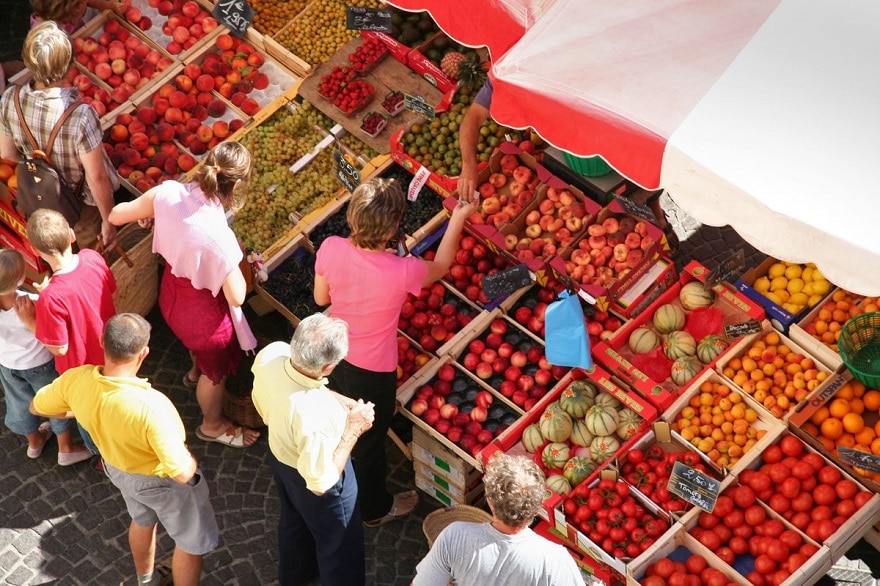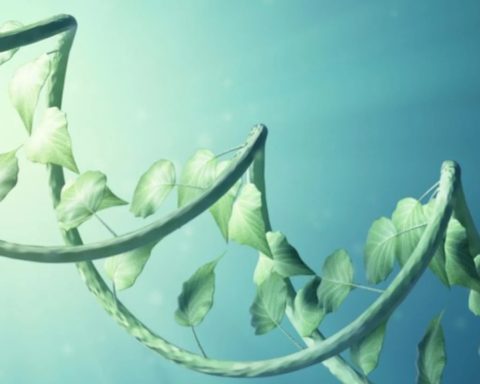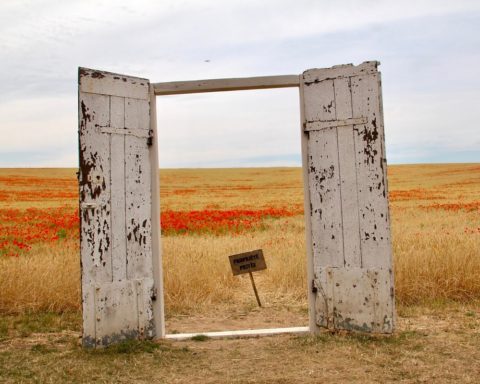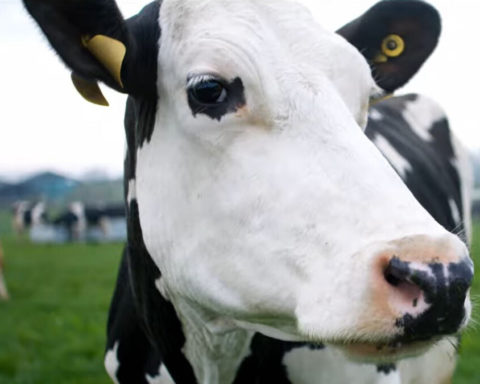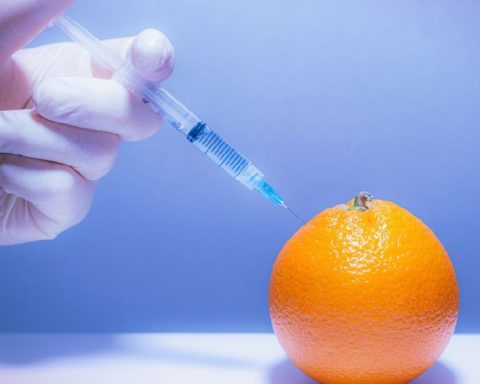What is good food? "Eating well" does not mean first of all taking and understanding in itself, but learning and giving to eat, learn-to-get-to-eat-to others. We never eat alone, that's the rule of "you have to eat well". It is a law of infinite hospitality [...]. It says the law, the need or desire [...], the'orexis...hunger and thirst ..., respect for the other at the very moment when, in experiencing him or her ... we must begin to identify with him or her, to assimilate him or her, to internalize him or her, to understand him or her ideally ..., to speak to him or her in words that also pass through the mouth, the ear and the sight .... Sublime refinement in the respect of the other is also a way of "eating well" or "eating it right". The Good is also eaten. It must be eaten well. »Jacques Derrida, "Il faut bien manger" or the calculation of the subject, Points of suspension
READ ALSO IN UP' : Michel Bras' Capuchins: transforming simple meals into real feasts
READ ALSO IN UP' : Bayer buys out Monsanto: "Marriage of the Ugly"...

Monsanto Court International mobilization of civil society to try Monsanto for crimes against humanity and ecocide. It will be held in The Hague, the Netherlands, from 14 to 16 October 2016.

